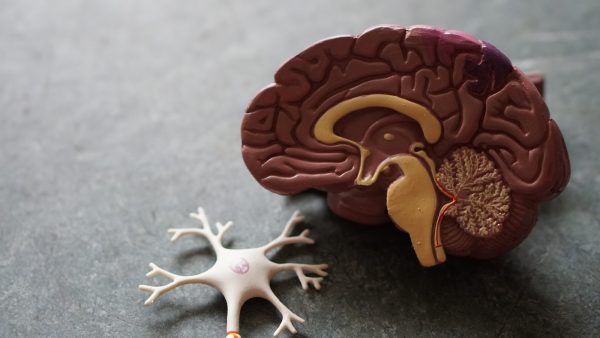Introduction
Dementia is a disease where your ability to think, remember, and other thinking abilities. This affects your ability to do everyday things like cooking and studying. More than 5.8 million people suffer from dementia in the U.S and more than 55 million people suffer from dementia in the world.
Types of Dementia
There are several types of dementia, with Alzheimer’s disease being the most common form. Other types include vascular dementia, Lewy body dementia, frontotemporal dementia, and mixed dementia. Each type has its own unique progression and symptoms, but they all share the common characteristic of affecting a person’s memory and thinking abilit ies.
ies.
Symptoms of Dementia
The symptoms of dementia can vary depending on the type and stage of the condition. Early signs may include forgetfulness, difficulty finding words, and challenges with problem-solving. As dementia progresses, individuals may experience confusion, personality changes, and difficulty completing familiar tasks. In later stages, they may require assistance with basic activities of daily living.
Why Dementia Can Be Dangerous
One of the primary dangers of dementia is the loss of independence and the ability to take care of oneself. As the condition progresses, individuals with dementia may struggle with even the simplest tasks, such as dressing, bathing, and eating. This places a significant burden on caregivers, who must assume responsibility for their daily care and well-being.
Another danger of dementia is the increased risk of accidents and injuries. Memory loss and confusion can lead to disorientation, making individuals more prone to falls and accidents. They may forget to turn off appliances, leave the stove on, or wander away from home without realizing the potential dangers. These situations can result in severe injuries, such as fractures, burns, or getting lost, putting their safety at risk.
Conclusion
In conclusion, dementia is a dangerous neurological condition that profoundly impacts individuals, their families, and caregivers. The loss of independence, increased risk of accidents, challenges in communication and behavior management, vulnerability to other health issues, and the emotional toll it takes on individuals and their loved ones are just some of the dangers associated with dementia. It is crucial to raise awareness, provide support, and seek appropriate medical care to mitigate the dangers and improve the quality of life for those affected by this condition.
Related Stories
https://www.alz.org/alzheimers-dementia/what-is-dementia
https://www.mayoclinic.org/diseases-conditions/dementia/symptoms-causes/syc-20352013
https://www.nia.nih.gov/health/what-is-dementia
https://my.clevelandclinic.org/health/diseases/9170-dementia
Take Action
If you have a family member of someone who has dementia, use this website for some tips you can use to help them
https://www.alzheimers.gov/life-with-dementia/tips-caregivers





